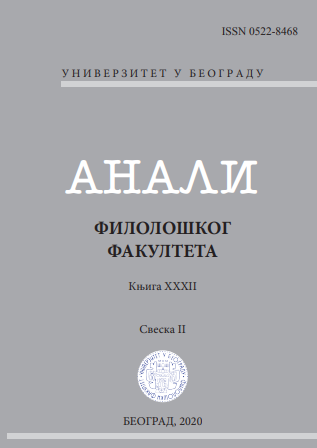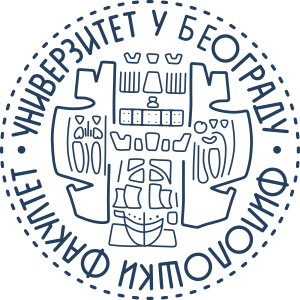Building Environing Conditions for Symmathesy in a Networked Project
DOI:
https://doi.org/10.18485/analiff.2020.32.2.22Keywords:
Networked learning, Qualitatice research, Epistemic fluency, Dialogic inquiry, Relational teaching, Reflective Practice, Digital Learning, Higher EducationAbstract
This paper aims to identify some of the “environing conditions” (Dewey, 1902, also cf. 1938) discovered to enable teachers and students from a predominantly teacher-centered, non-digital learning environment to be “willing” (Wood, 1998[1986]: 175) to learn from the new experience of a networked seminar. This is to say, willing to view learning as an exercise in symmathesy (Bateson, 2015): in a “learning together” that encompasses the situation, person, tools, goals, and epistemologies and restores healthy “rigor” (Schön, 1985) to technical rationality by making it situationally dialogic and actionable in the face of complexity and uncertainty. Emphasis here is on coming to networked learning for the first time: a timely issue as it continues to be observed that the potential and experience of networked learning remains limited to a minority of courses across the globe. Although key literature in the field has established an epistemology of practice relevant in even diverse institutional contexts, existing literature lacks the “outing” of some of the difficulties faced by teachers and students. Therefore, through reflective qualitative inquiry, we engage in critical evaluation of our dialogic praxis, roles, and paradigms of growth that frames the initial problem of facing indeterminacy as an opportunity for mutual learning that embraces “real life” complexity as it moves towards strengths and away from weaknesses. This paper is thus not only relevant to “transitional” classrooms but can be further seen to be of benefit in an increasingly automatized, complex, uncertain digital landscape.
Downloads
Published
How to Cite
Issue
Section
License

This work is licensed under a Creative Commons Attribution-ShareAlike 4.0 International License.
Authors who publish with this journal agree to the following terms:
- Authors are confirming that they are the authors of the submitting article, which will be published (print and online) in the journal Anali filološkog fakulteta by the Faculty of Philology, University of Belgrade (Faculty of Philology, Studentski trg 3, 11000 Belgrade, Serbia). Author’s name will be evident in the printed article in the journal. All decisions regarding layout and distribution of the work are in hands of the publisher.
- Authors guarantee that the work is their own original creation and does not infringe any statutory or common-law copyright or any proprietary right of any third party. In case of claims by third parties, authors commit their self to defend the interests of the publisher, and shall cover any potential costs.
- Authors retain copyright and grant the journal right of first publication with the work simultaneously licensed under a Creative Commons Attribution-ShareAlike 4.0 International License that allows others to share the work with an acknowledgement of the work's authorship and initial publication in this journal.
- Authors are able to enter into separate, additional contractual arrangements for the non-exclusive distribution of the journal's published version of the work (e.g., post it to an institutional repository or publish it in a book), with an acknowledgement of its initial publication in this journal.
- Authors are permitted and encouraged to post their work online (e.g., in institutional repositories or on their website) prior to and during the submission process, as it can lead to productive exchanges, as well as earlier and greater citation of published work.





